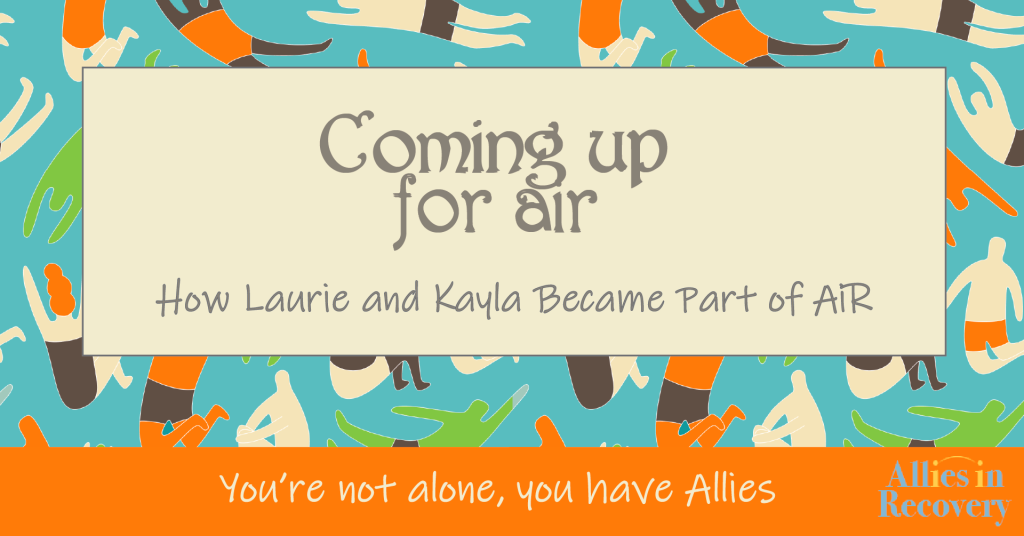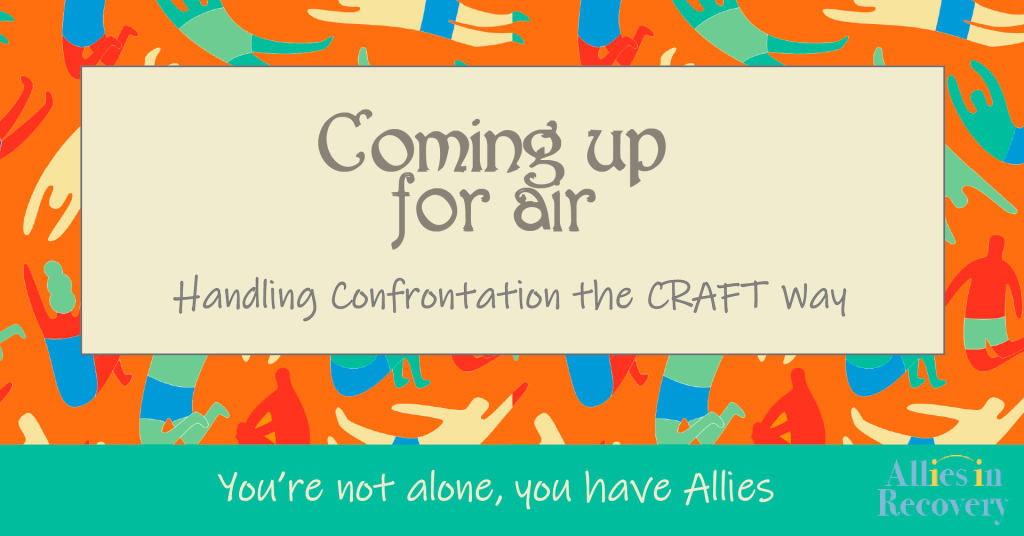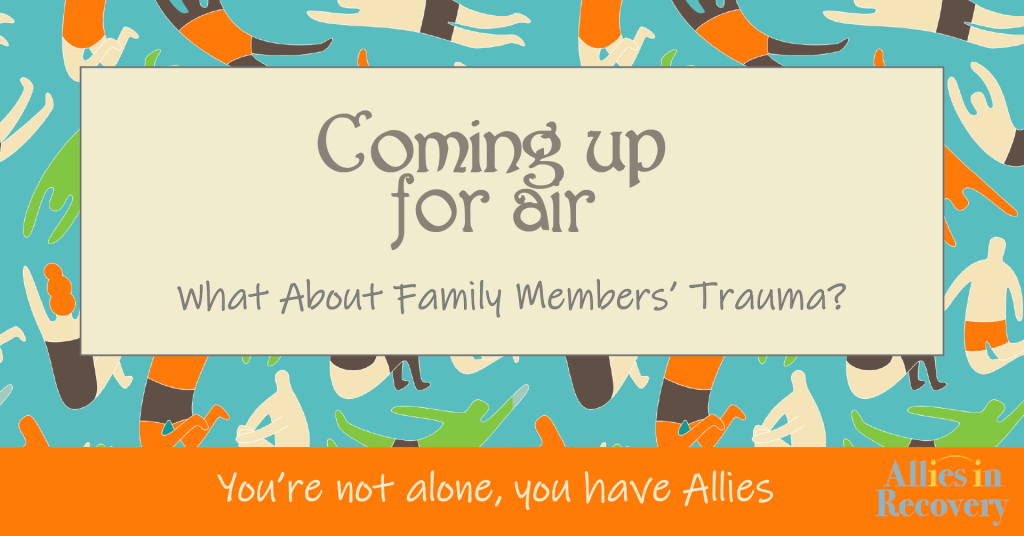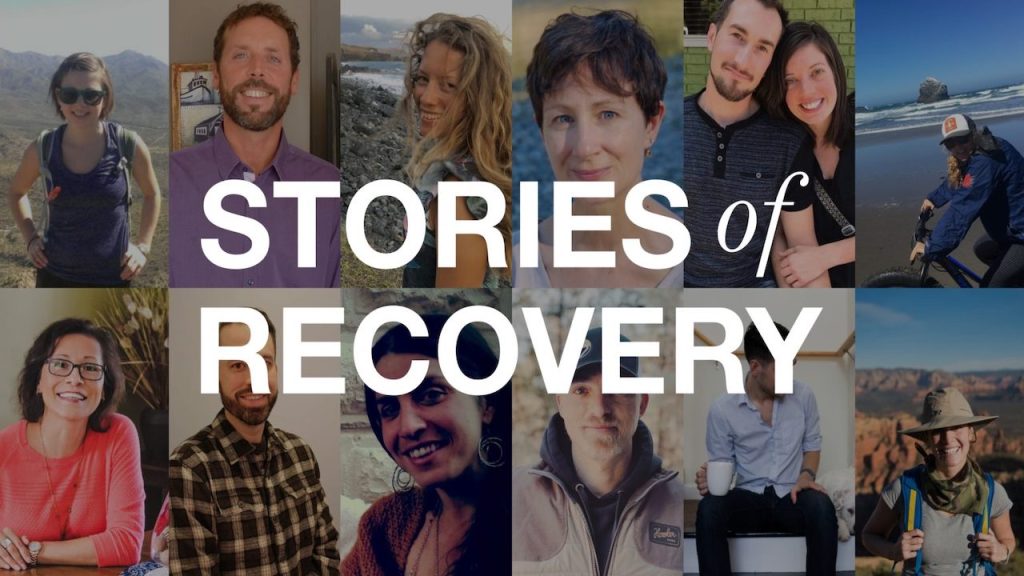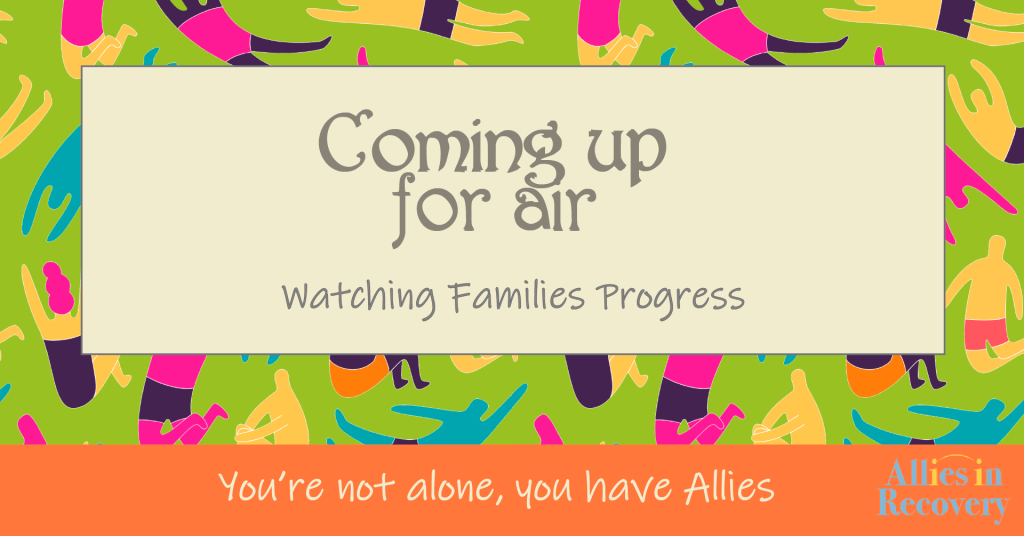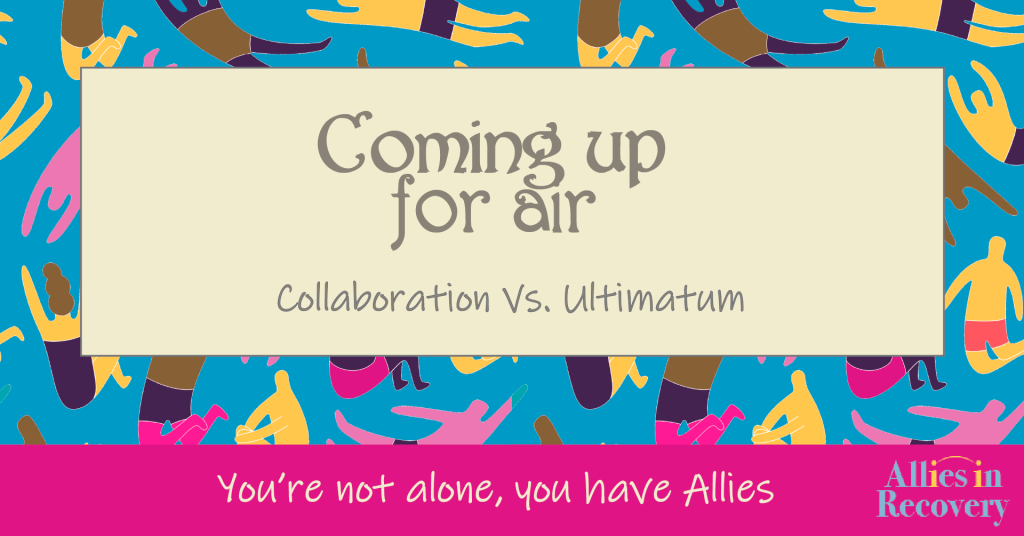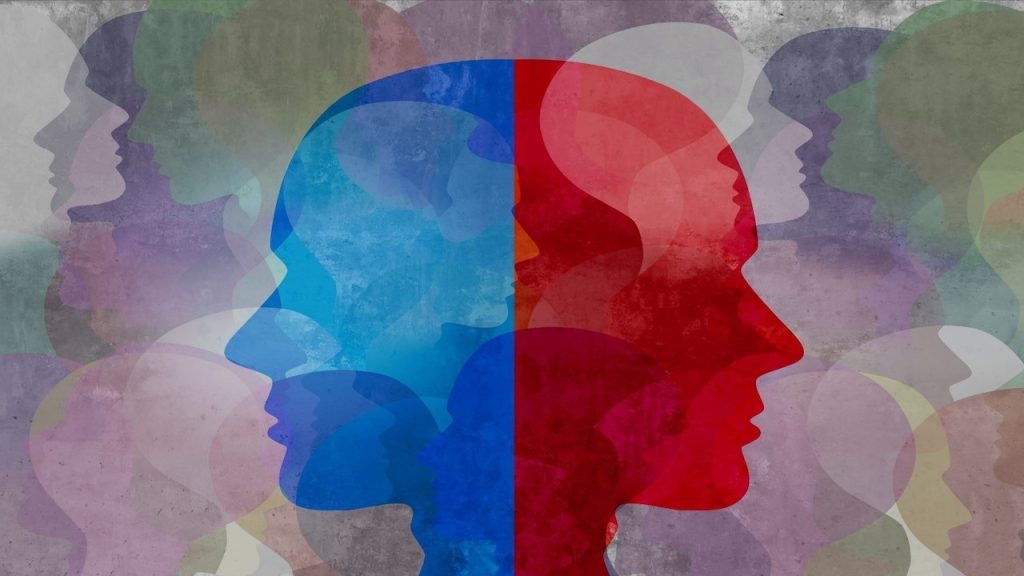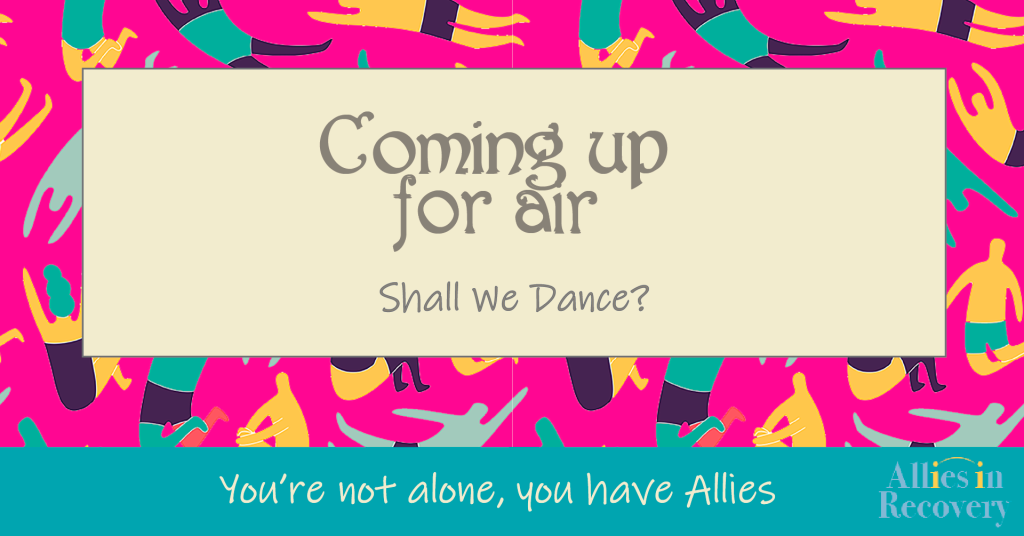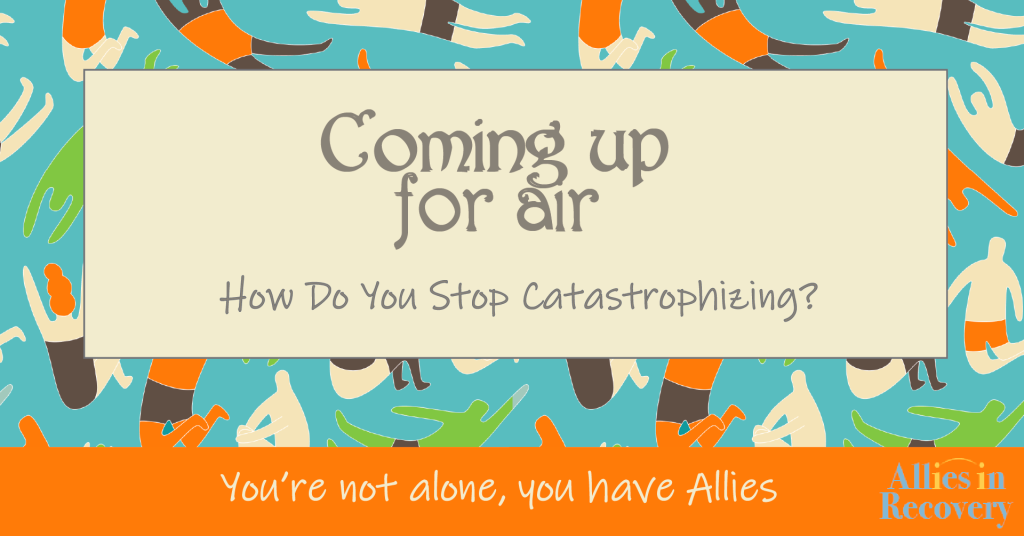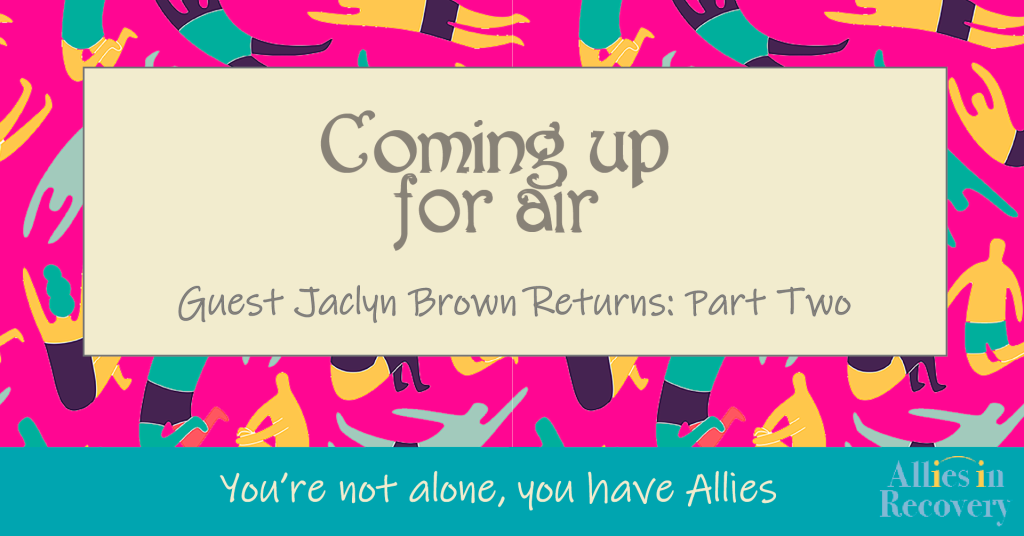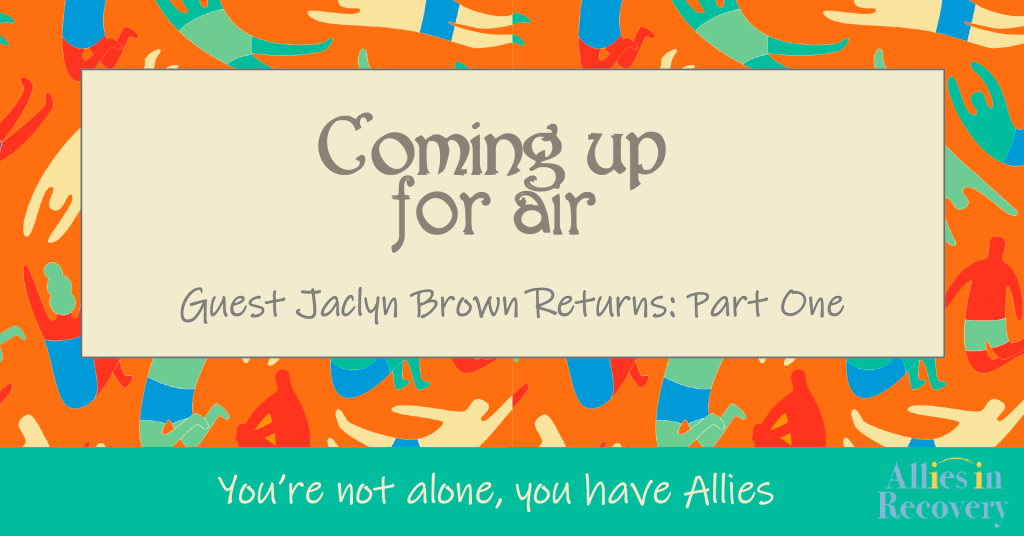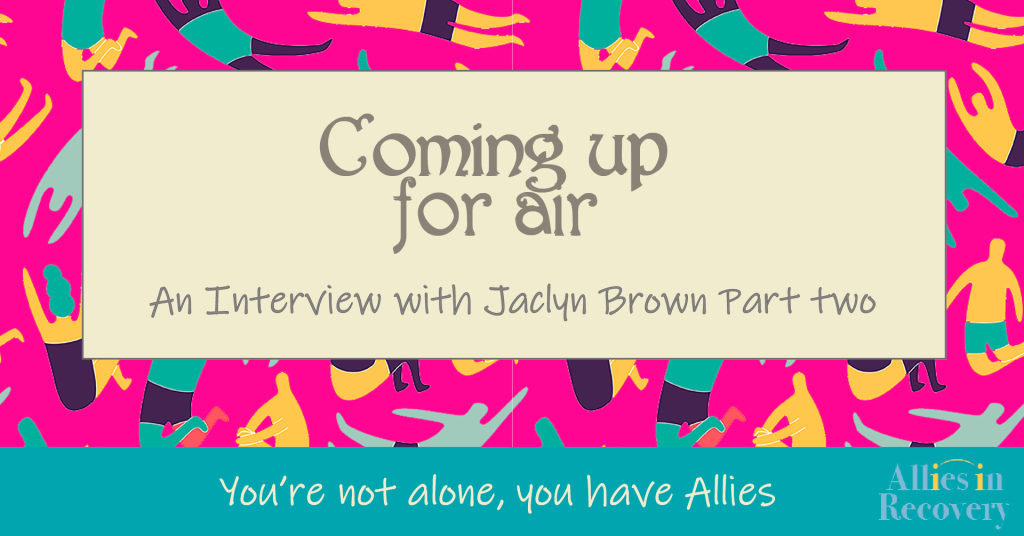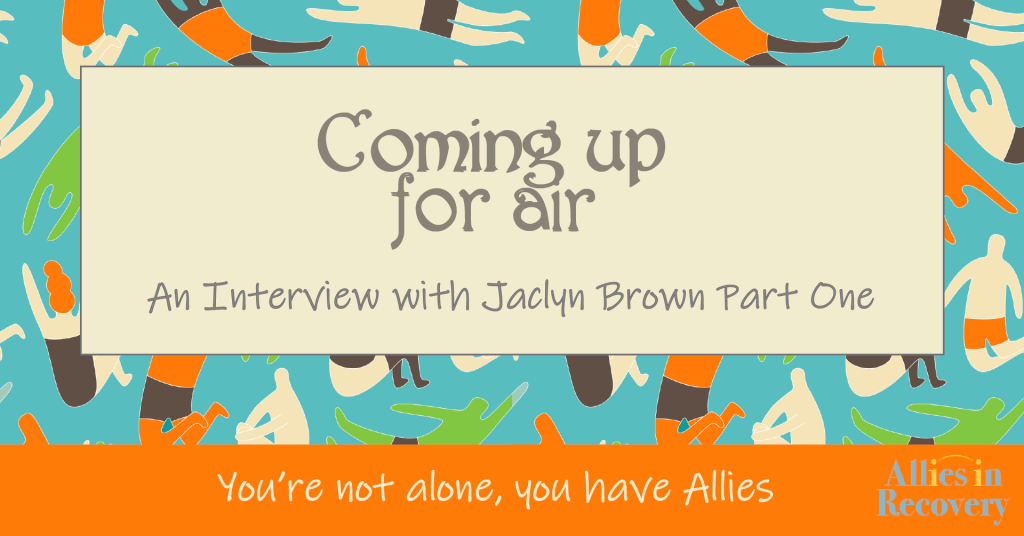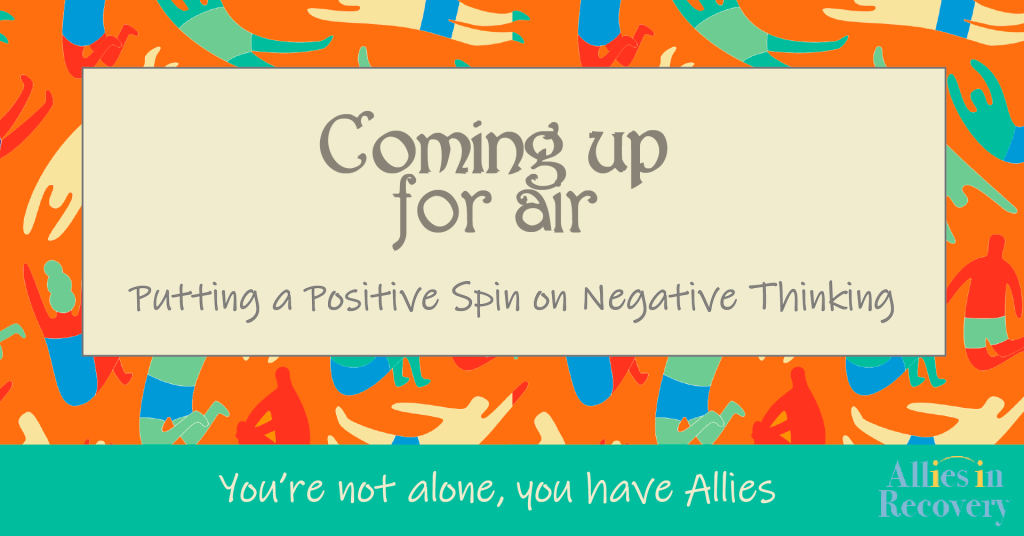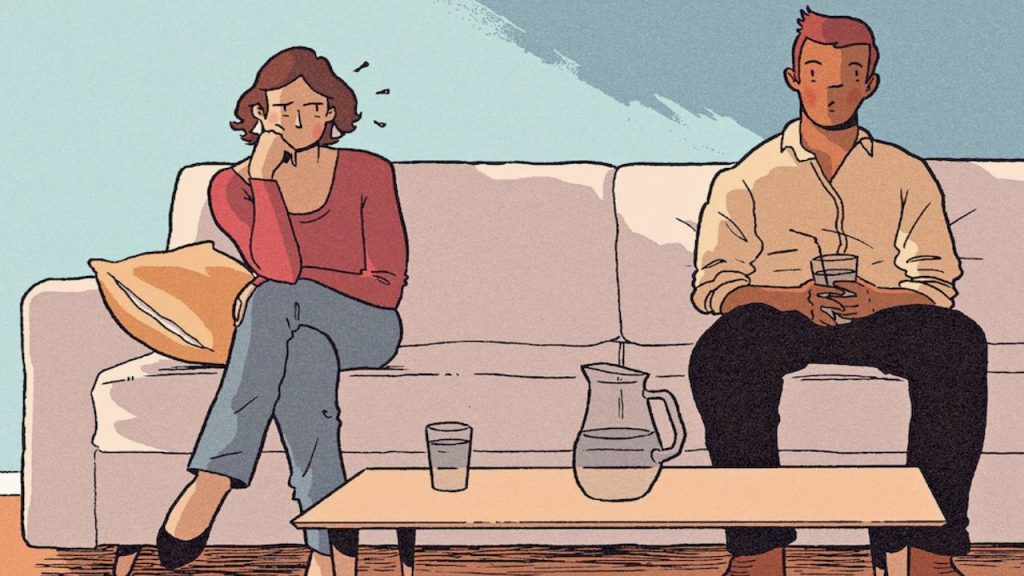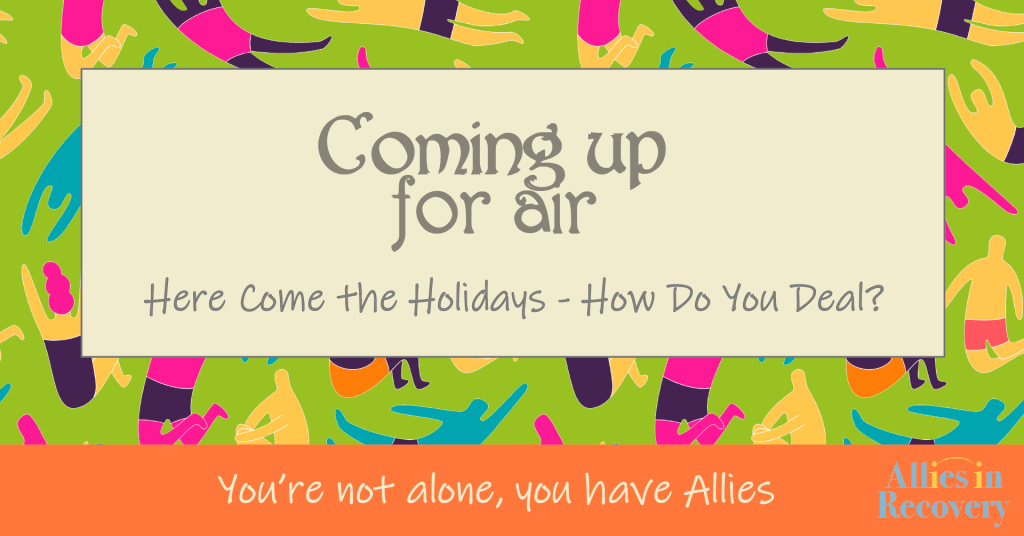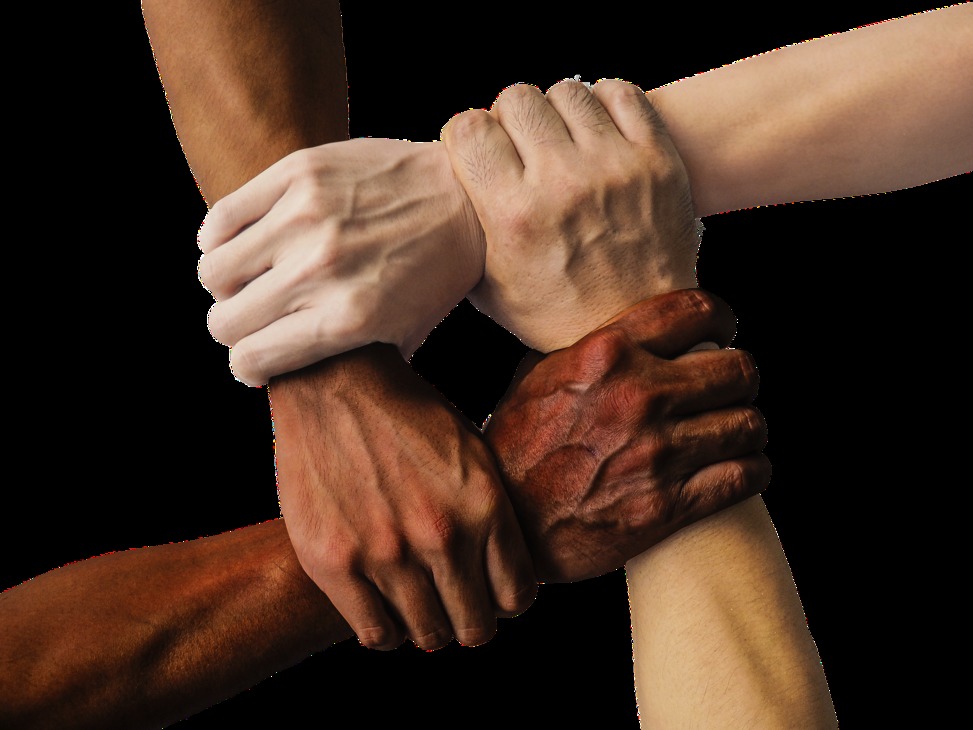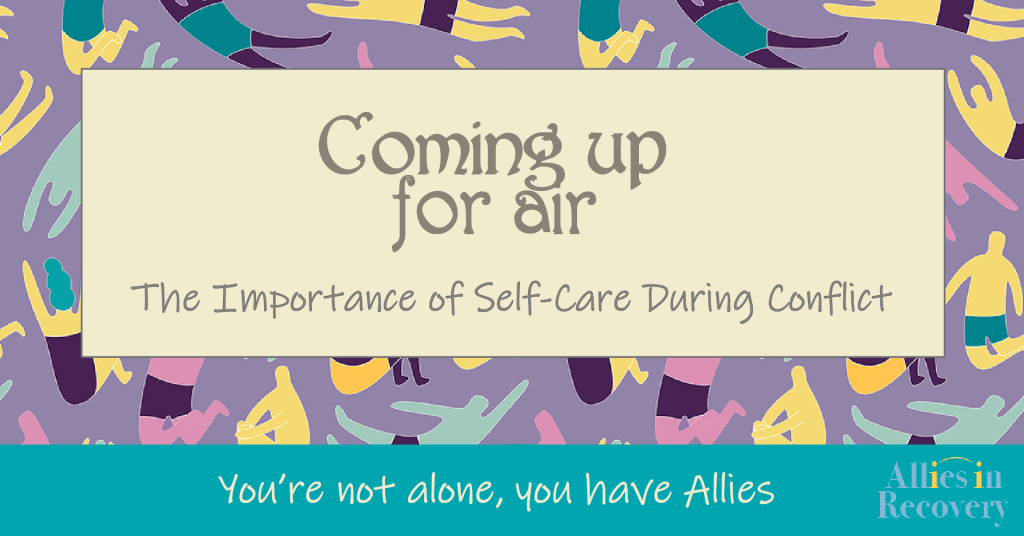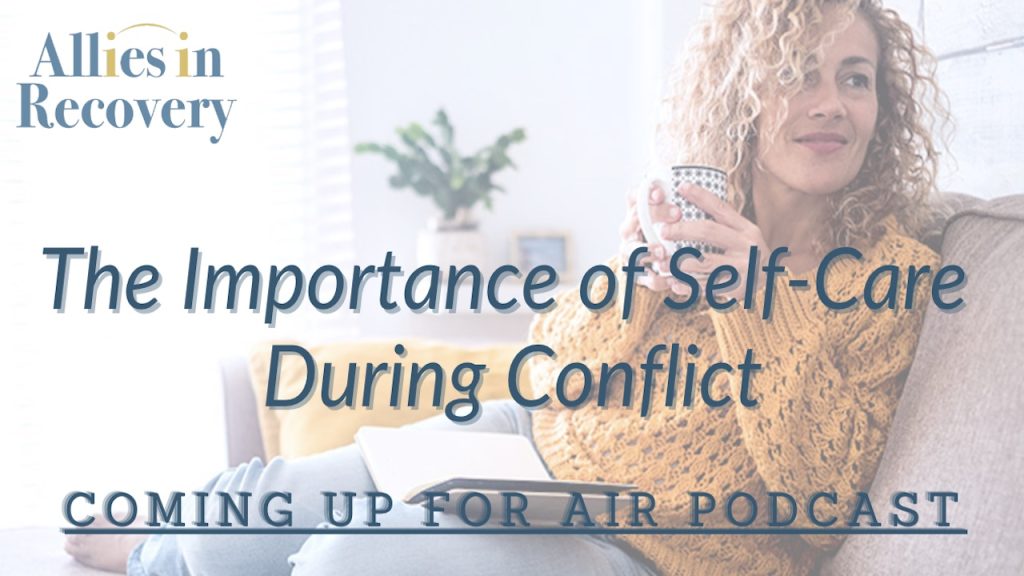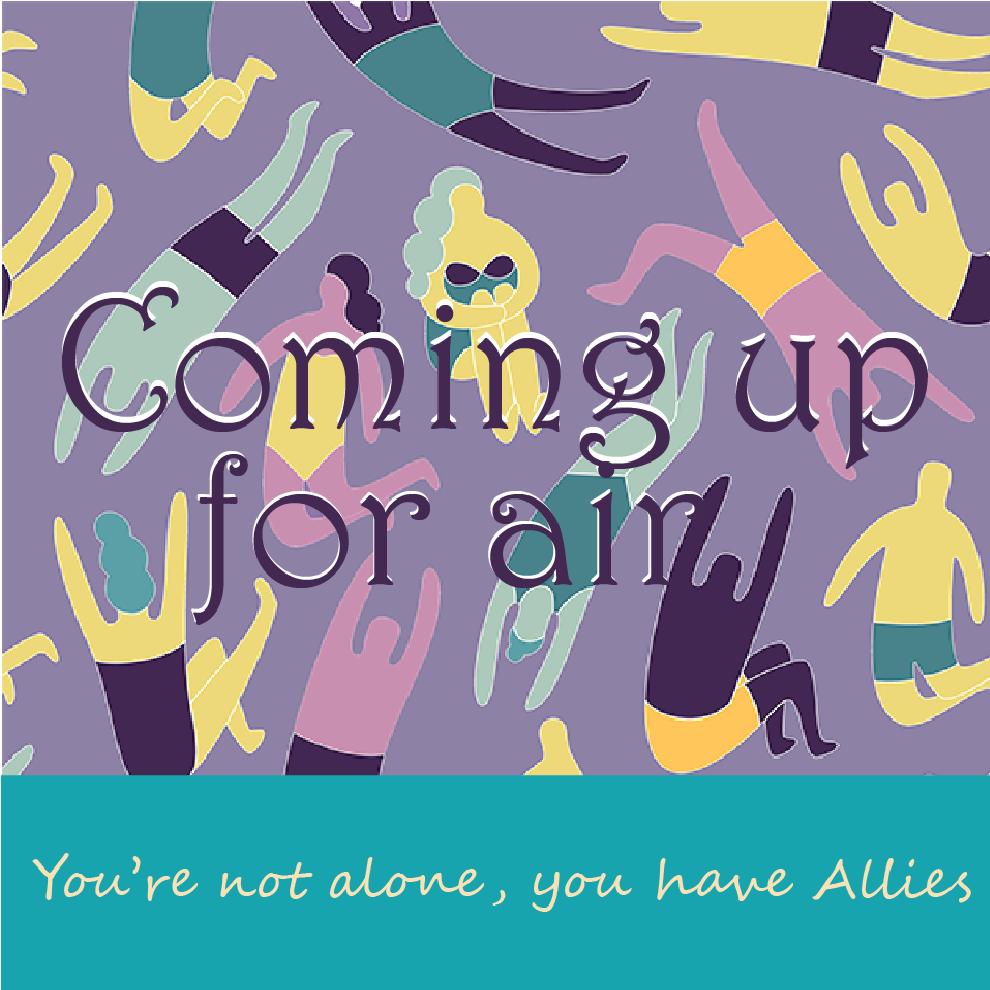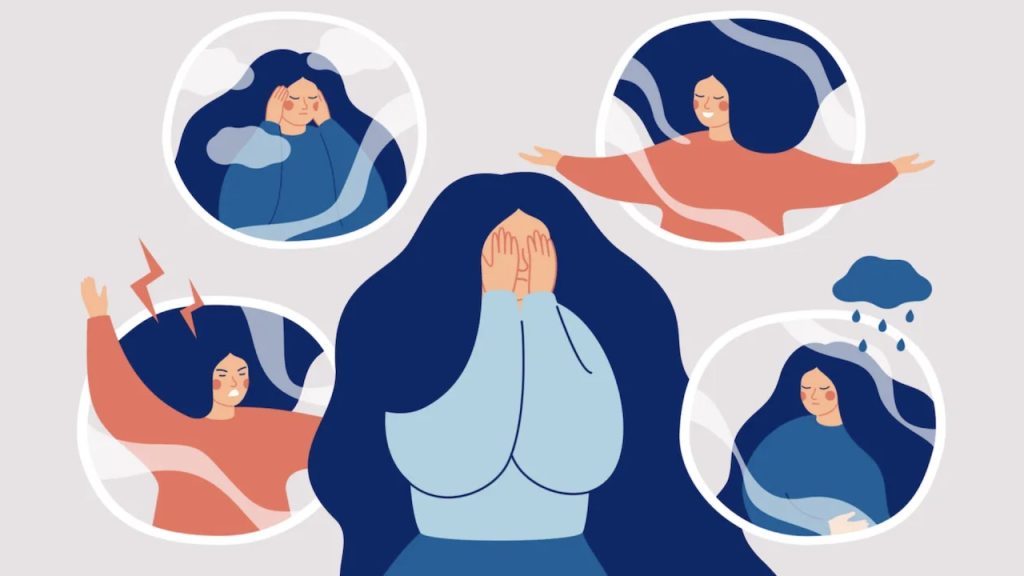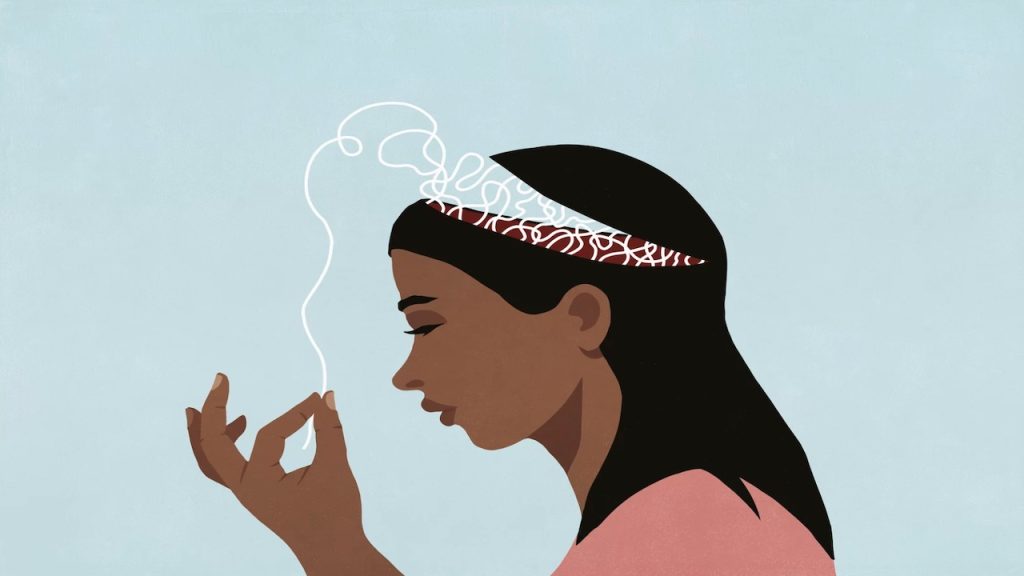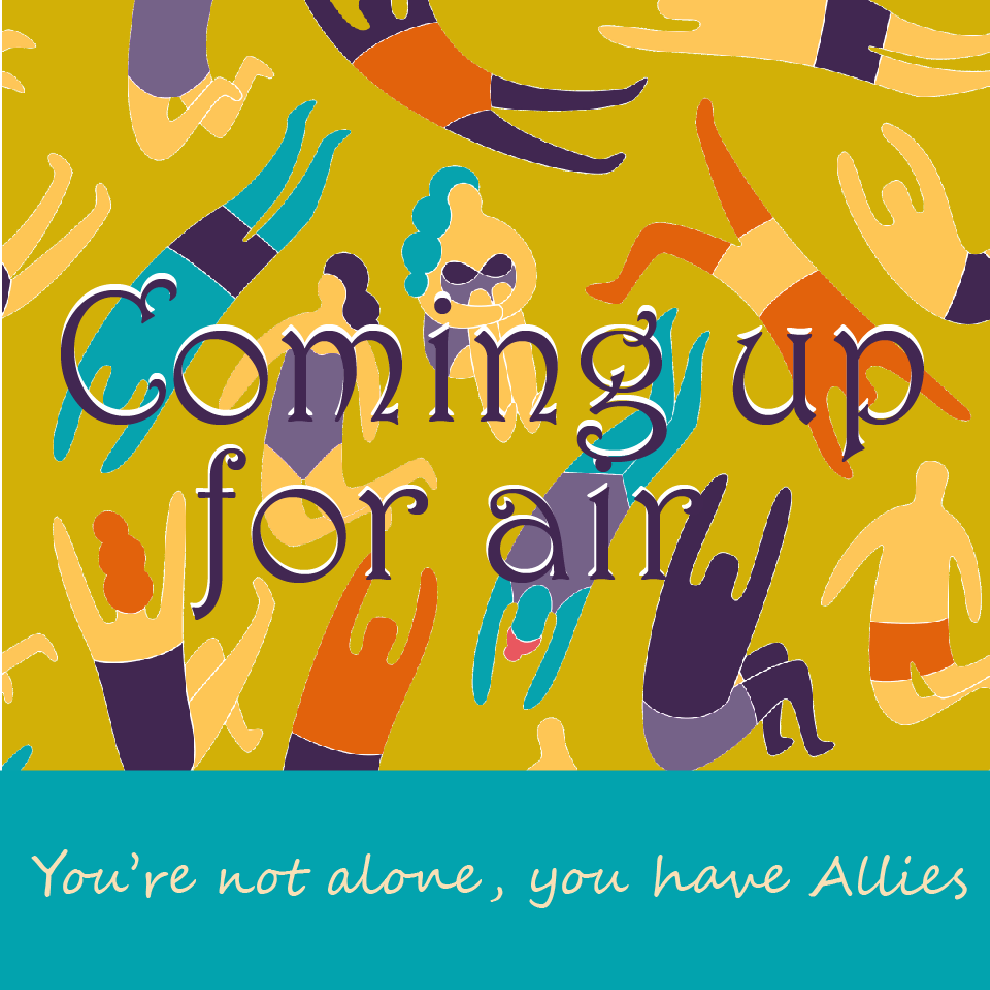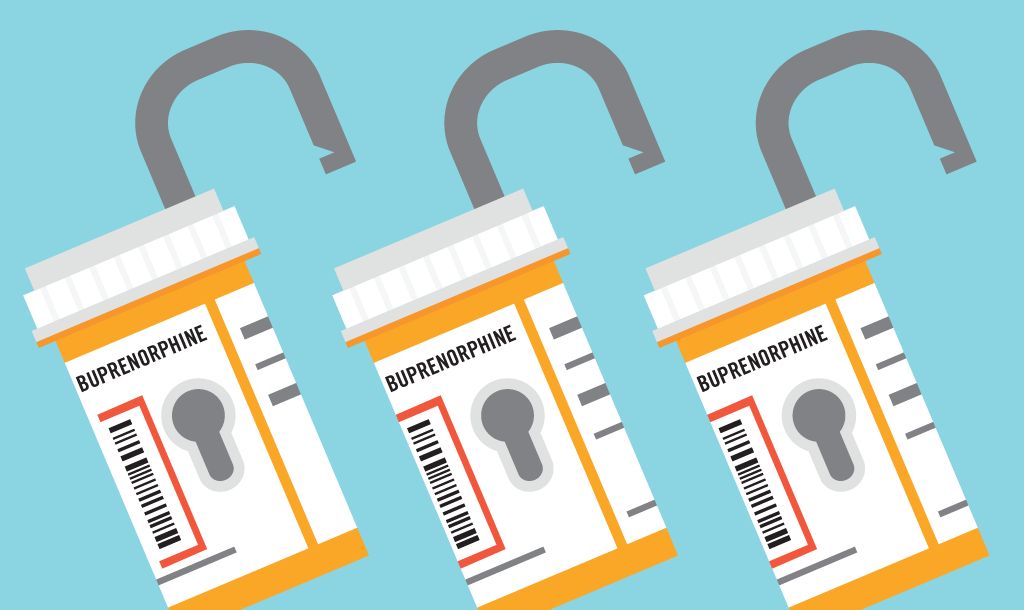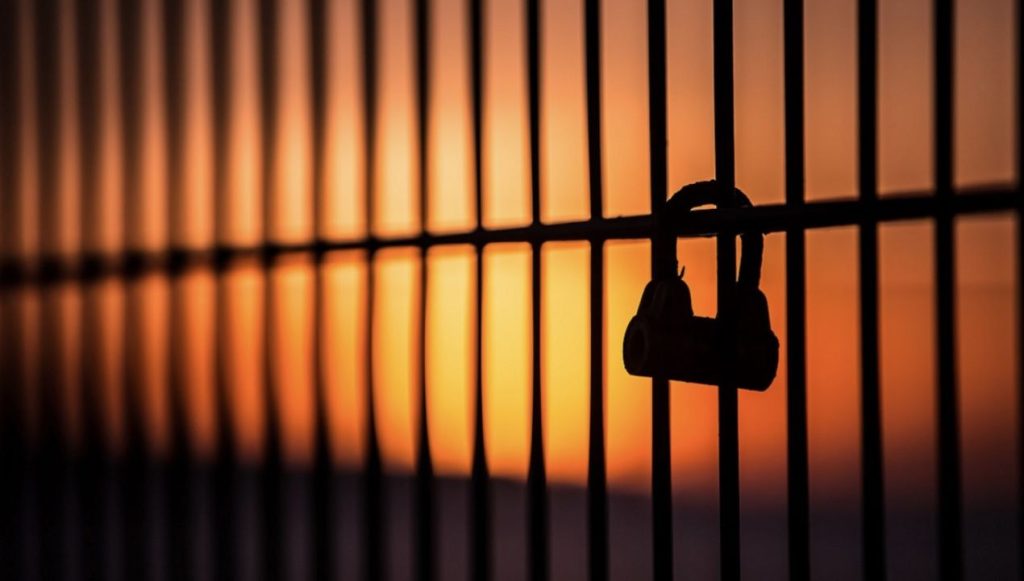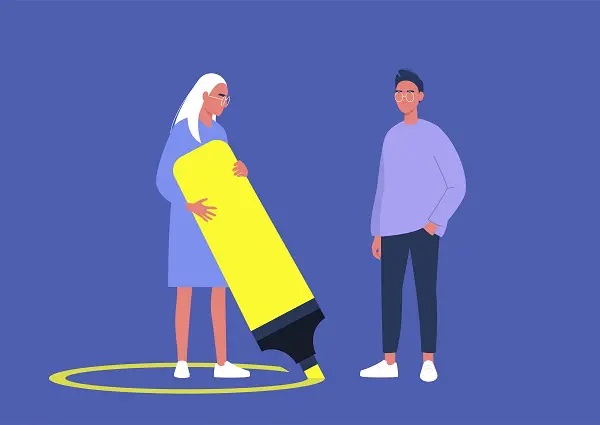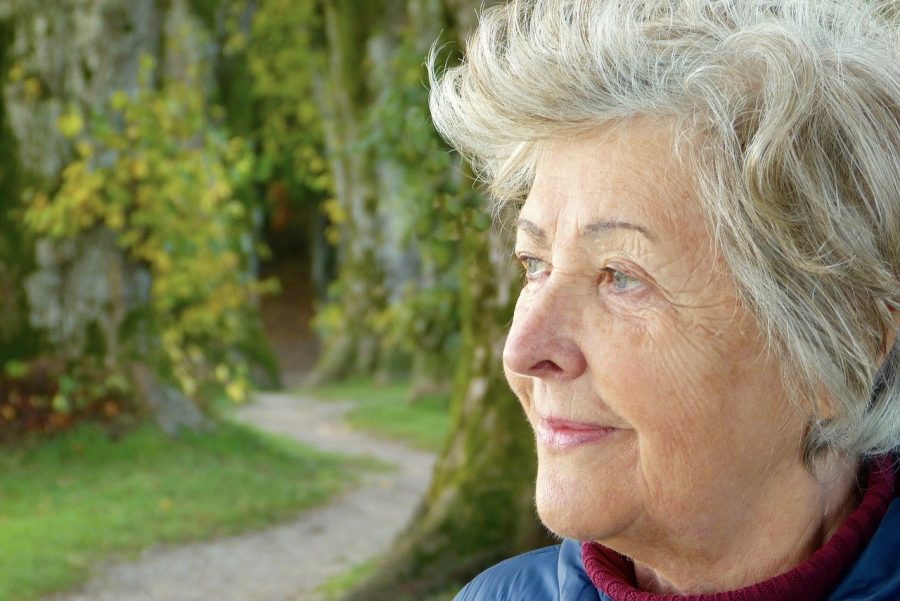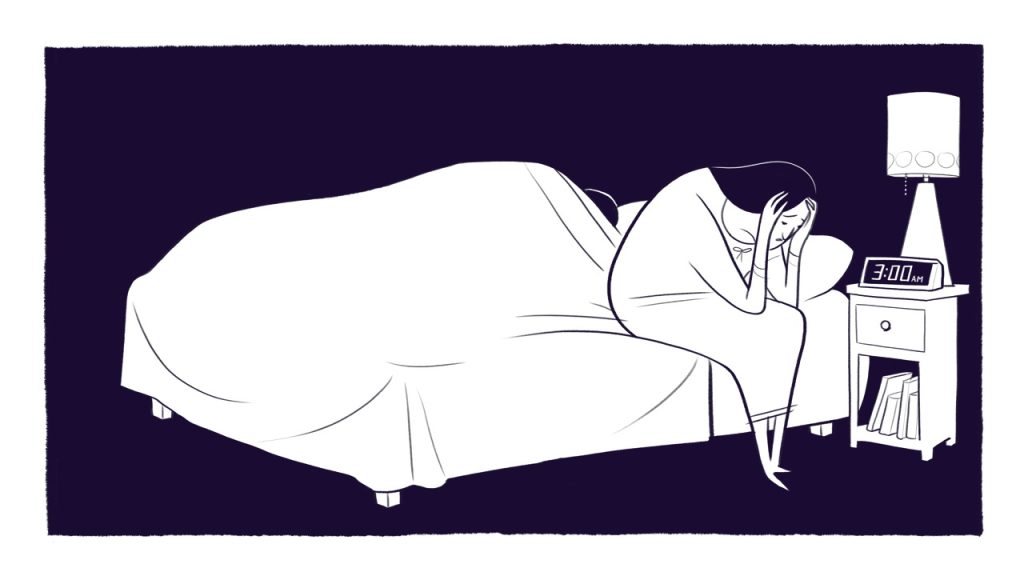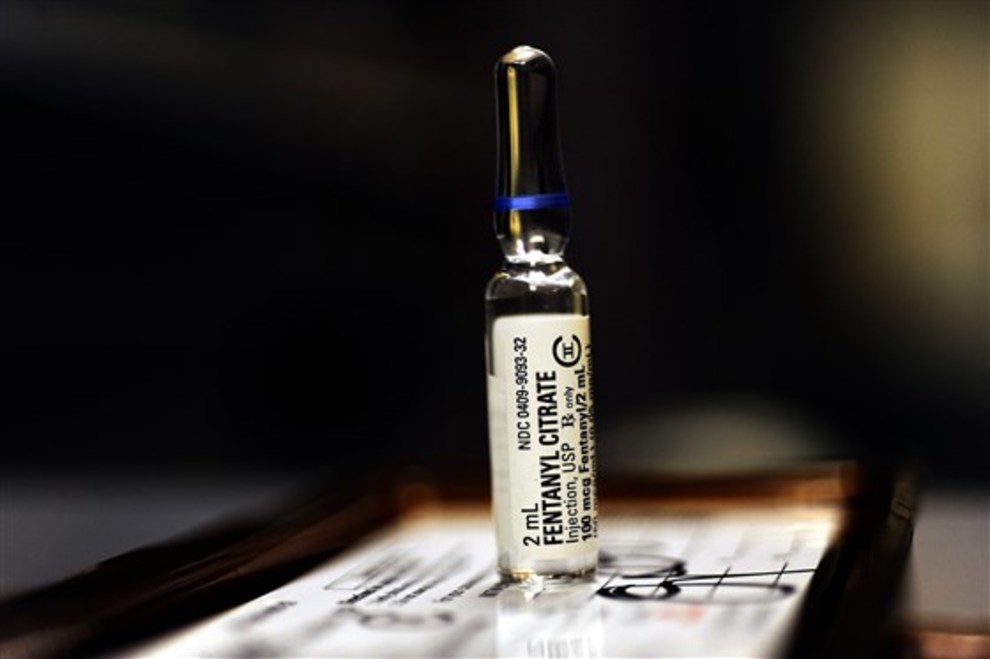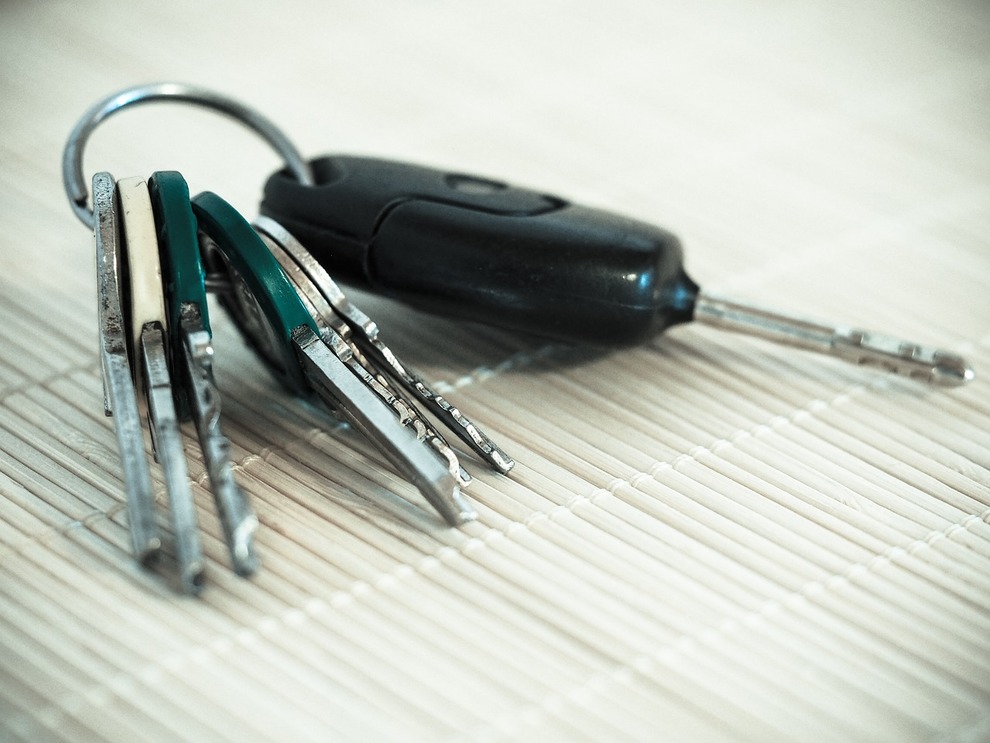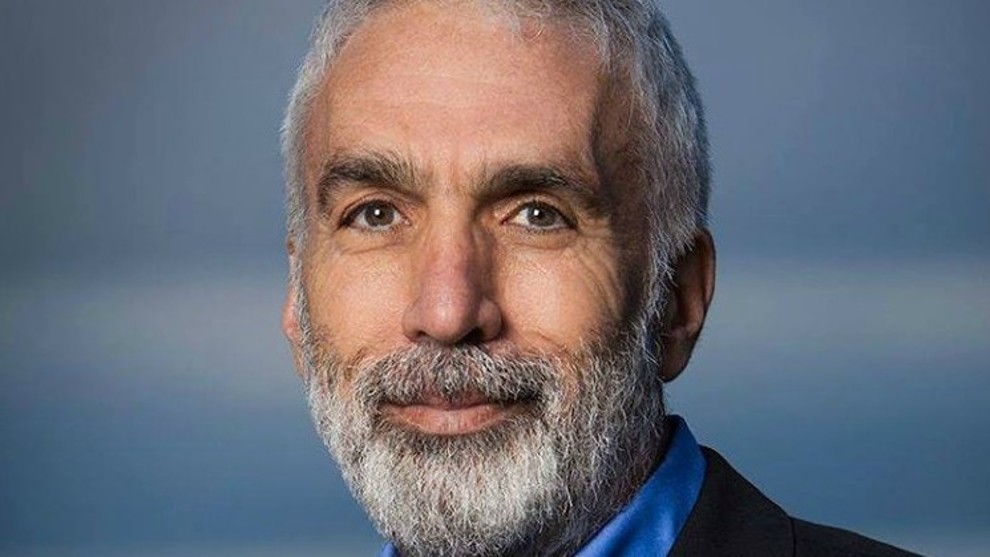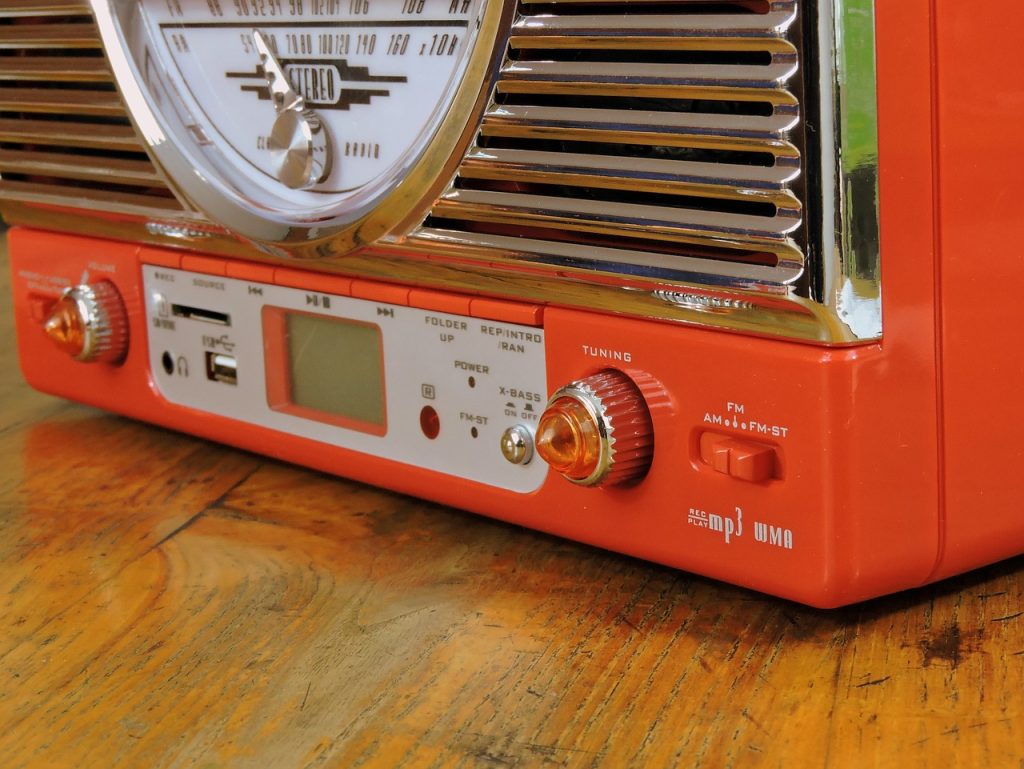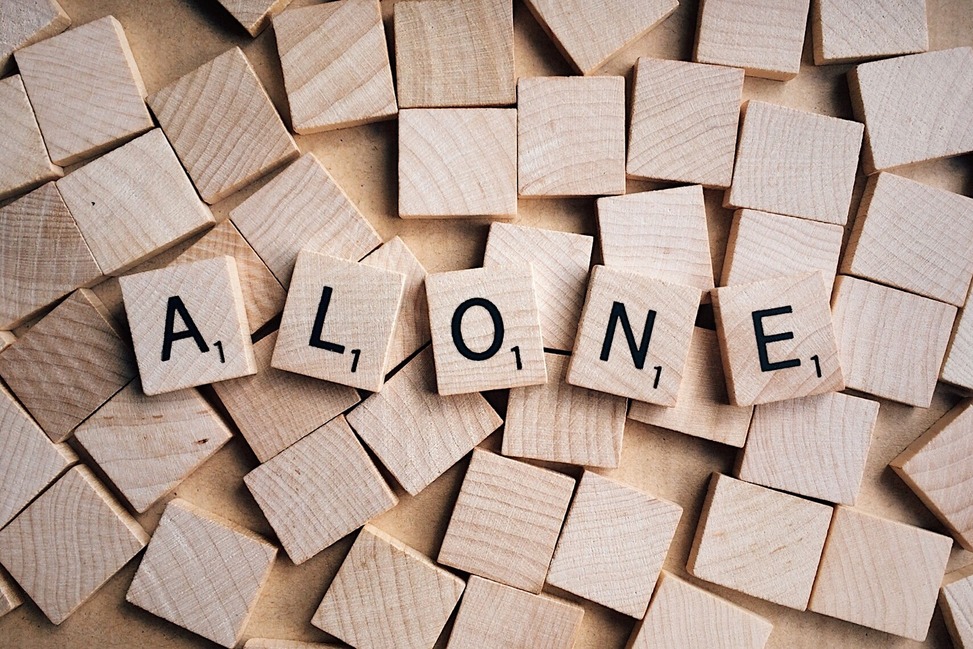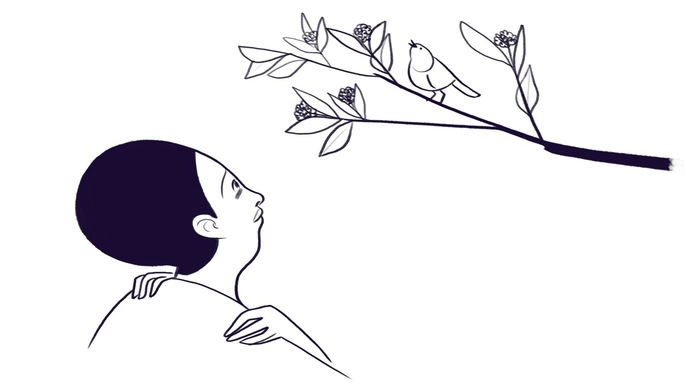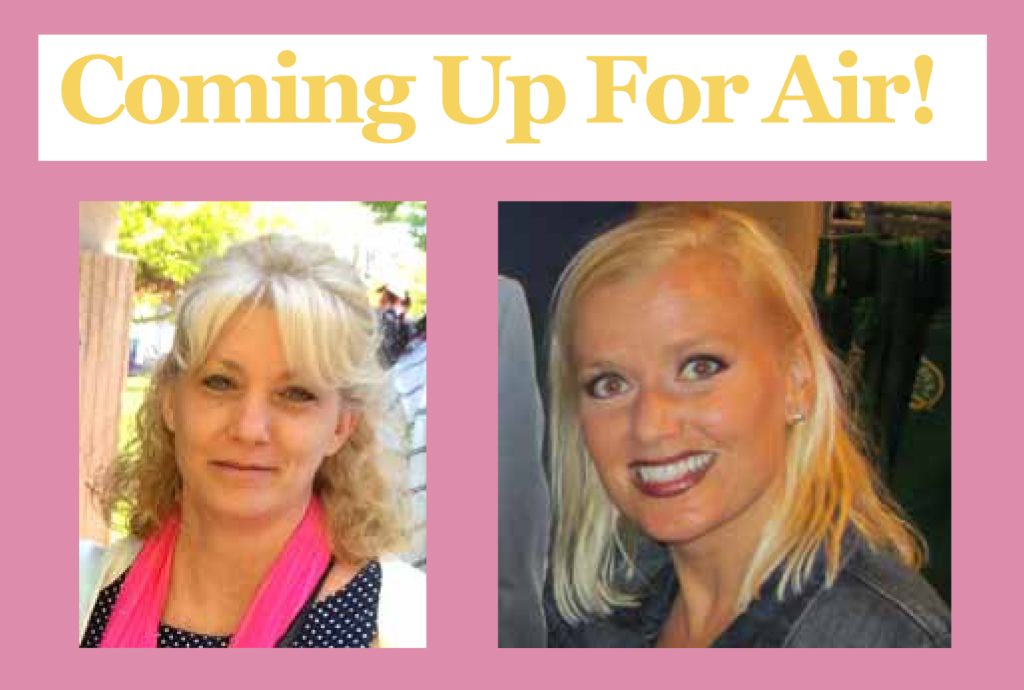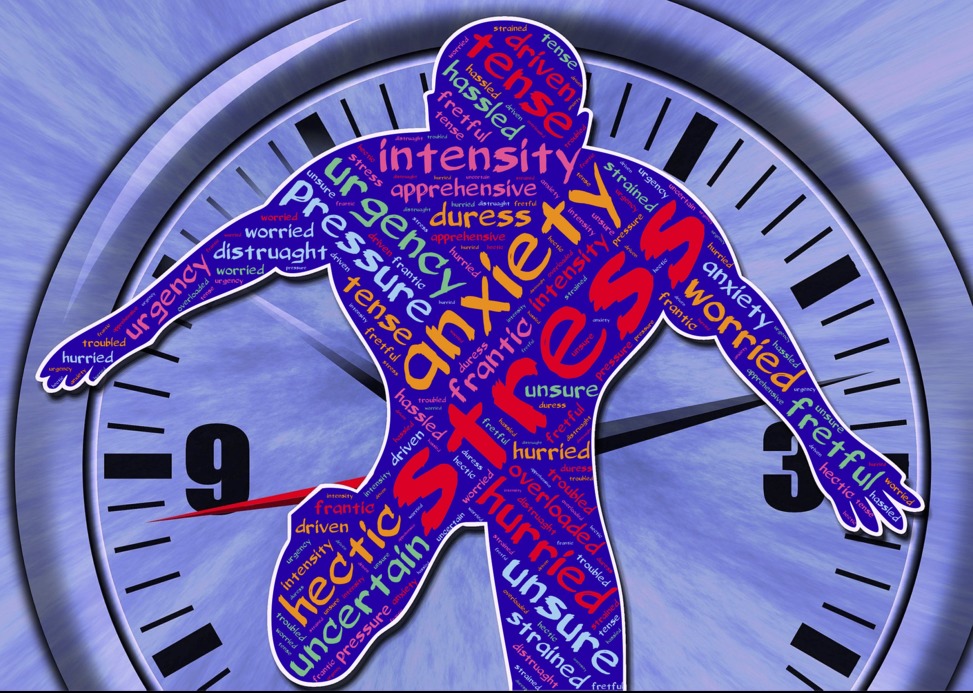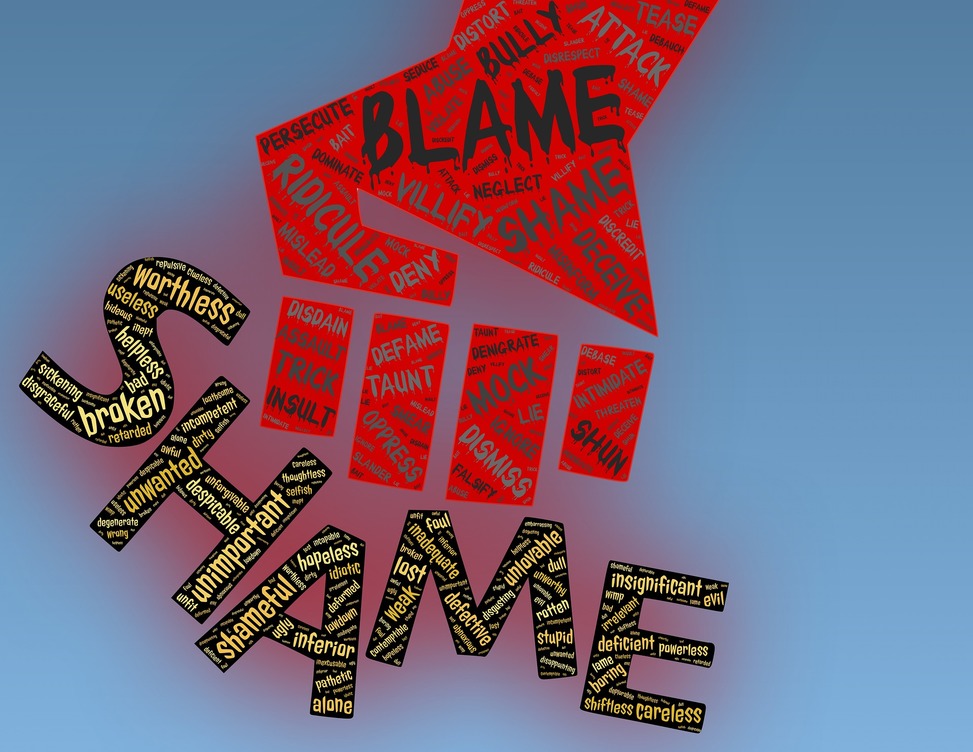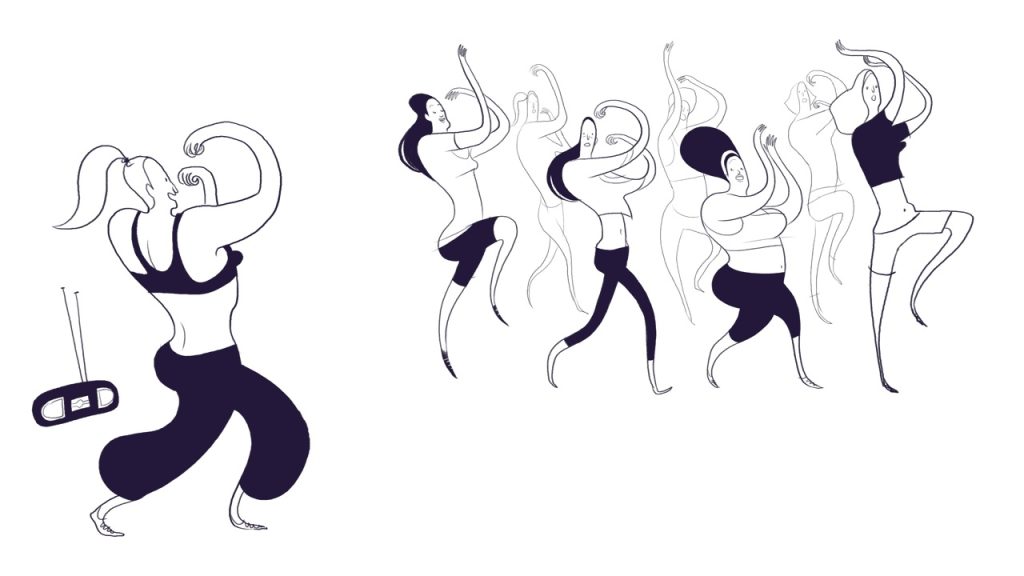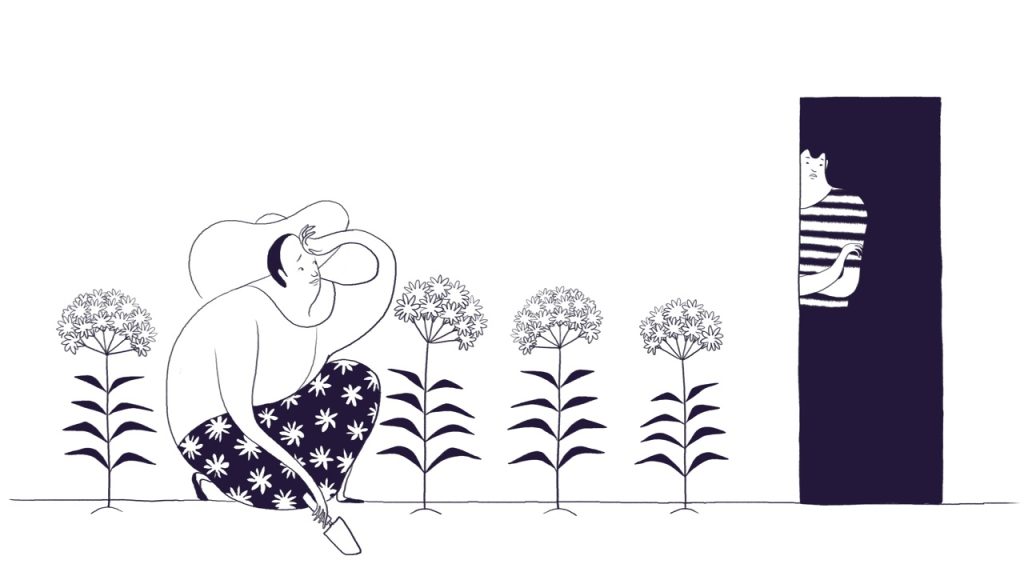Denial About Addiction – Will My Son See the Truth?
She wonders if her son will ever see the truth about his addiction and destructive behaviors. He seems in complete denial about his addiction. She feels the damage on her own life from his chaotic patterns repeating over and over.
[This post originally appeared on our Member Site blog, where experts respond to members’ questions and concerns. To become a member of Allies in Recovery today and learn how to reduce the chaos of addiction in your family, click here.]
“…I love podcast 55. Thanks… Yesterday there was so much news about fentanyl busts, methamphetamine busts – my sons favorite drug, I felt inclined to share the articles with my son. As usual his response is he doesn’t have a drug problem. He’s in denial about his addiction. He does think fentanyl is what killed his friend in January. He also went to funeral of a friend who OD’d recently, in his parents house behind a locked door. That’s the 4th one in his group of friends. Who’s next?
I know it’s typical for addicts bouncing around from house to house, to leave when they can and leave all their unwanted crap. My son has just done this again. Yet another new chance for him for him to start over. After breaking bedroom door, furniture, hole in wall,etc after I last kicked him out, nothing has been fixed. Only taking what he wants, leaving the trash behind.
The most confusing part are the texts I received in the past days from him. He is angry that no one in his family (myself, his brother or dad) have called or come over to see how nice his new place is. Not EVER acknowledging the mess he left each of us. NEVER grateful or thankful. This new beginning has happened for him so many times in the last 4 years. But never once would he face his addiction problem. I feel there is permanent damage to his brain. He just does not see the truth.
My own brain and life are damaged too. A few calm days then come the bad days. I’m thankful for sending out my thoughts today.”
When he’s in denial about his addiction, give yourself some moments of peace
I can feel your combined frustration and exhaustion. I too have been there many times and found it helpful to put some space on the turmoil. It’s what I call taking “sanctuary moments.” Like an adult recess. Whether it meant escaping for a weekend, a quick trip to the salon or spa for a few hours, playing a meditation video on my phone, or a 5 minute barefoot walk through grass (right now it would be snow, that can get me focused elsewhere for a moment too!). These breaks for peace are SO important.
The more often we take peace breaks, the more we are inviting peace to return over and over like a calming wave. It works! Strength comes in those moments.
Try not to take his behavior personally
I felt like I argued with my son in every possible language when he was in denial about his addiction. He too saw no truth. He denied, blamed, insulted, disappeared, distracted, spewed hate, played dumb. WHATEVER it took to exit the conversation and get the spotlight off the problem – which was that he was addicted and it was out-of-control.
Nothing I said mattered. He had an agenda NOT to hear me, and had no interest in resolving issues. The reality was I was dealing with a chemical and my son was buried under the mask of it. I didn’t understand the psychological patterns of addiction and that it wasn’t personally against me. Nor that I could respond in ways that redirected it. I had to find a different way to heal the situation. This meant dropping my usual weapons and stop trying to get through for a while. My conversations with him became very intentional. I had to keep them light, loving and short until I felt better, and got better at navigating this very tough terrain.
The selfish, ungrateful and sometimes hostile stuff is mind boggling. It’s also unfortunately a symptom of the sickness, and not personal. Even though it feels and affects us very personally. The communication/conflict dynamics can just about make your brain catch on fire. There is no getting to the bottom of it! It’s one of the worst parts of it. Everyone gets swept up in one person’s tornado. I lived that for a long time, until I couldn’t do it anymore. The addiction and behaviors it led to were killing both of us.
I hated the times of chaos and lived through so many
It was so hectic sometimes that I couldn’t stand even having the radio on when I got in my car alone. The chaos between my son, my mother and me was nonstop. Craziness, messes, police situations, HIS bill-collectors, HER pill addiction and manipulation, her wild religious threats and rambling declarations, the aftermath of whatever tornado he was causing. I was surrounded. I felt like I drank poison every time I was dealt with it. Acid stomach, swirling mind, just plain MADNESS.
And then when it got quiet, sadness would set in… then fear. And then the cycle would begin to build up for the next round. Believe me, you are not alone in what you are going through.
So many who have been in the grip of chemicals begin to believe gravity doesn’t apply to them. My son attended funerals of his young friends, and then would return to dangerous behavior that night (if not before). Not seeming to realize (or care?), that he was as much at risk. He couldn’t see the truth.
And remember to work on yourself, with CRAFT
When someone you love is in denial about their addiction, none of the above makes sense or is logical behavior! Not to someone in their right mind, which is key to remember, they are currently not. It’s almost impossible to figure out a way to get truth through to them. That is where we, as those who love them and are desperate for their wellness and SAFETY, can get obsessed and sick with the situation. We can get pulled into their vortex and once you are swirling in it, it’s very difficult to see your way out.
Taking those peace breaks is a great response. When chaos comes calling, I learned to respond to it with inner peace.
That said, I can’t stress enough how critical it is to work on yourself – learning, growing strong, developing new responses, gathering peace, strength, information, support, going to supportive meetings, watching CRAFT Method modules on here, etc. ALL of it pays off.
The healthier you become, the healthier the situation can become
Doing these things in the in between times will build you up and give you more power over the situation versus being pulled into it. Your recovery is an ally for your son, and that is more powerful than many people realize. The healthier you become, the healthier the situation can become. Your peace will have a calming effect on the environment. It takes time, but peace can be your GPS through the darkest times.
Recovering is like turning a ship around for every person touched by addiction, whether you are the one using, or someone suffering on the sidelines. I also think of recovering like weight loss. Things didn’t go off course over-night, and they won’t get better overnight either. But they CAN get better, and they will if you do the work in the “mean-time.” Which is truly a mean time! But it’s an important time. You are changing the atmosphere and the rhythm of your family when you modify your own patterns and responses, and that is no small thing.
It’s a one day at a time (sometimes a breath at a time) process.
In my 2nd book “Unbroken, Navigating the Madness of Family Dysfunction, Addiction, Alcoholism and Heartache,” I wrote about how someone advised me to “Do the next right thing for the next 15 minutes over and over again.” Pretty soon you do that for an hour, then the day…then you find you are getting through it.
When he was in denial about his addiction, there was a time when life seemed impossible
My own son turned 28 this week and I can’t stop marveling at how far we’ve come. I have been reflecting so much in the days around this birthday. Thinking back to the hardest of times when he was out in active use. I was just telling a friend that ages 14-26 were HARD years that just about cost me my mind. Between his addiction and my mom’s (which included SO much denial and manipulation, as she is literally the church lady), I didn’t think I would survive my life!
My son went to treatment six years ago, but had a lot to work out for a few years after. It was an untangling process, like a huge bunch of knotted up Christmas lights that had to be sorted out one at a time. I had a lot to work out within myself, which I didn’t realize at first because his behavior shouted the loudest, and was so harmful and pretty much – wrong in my perspective.
The truth was, we were all a mess because of how sick he had become.
There was a time when my son slept in a car in a grocery store parking lot for weeks, in sub-zero temperatures (I wrote about it in my first book, “Unhooked”). I literally lost my mind over him. That summer he slept in a baseball dug out. Life seemed impossible. And yet here we are, he is thriving and I live a life of peace and joy. Life bears no evidence of those days except that we still talk about them.
We all had work to do. We had become like one big amoeba moving around in circles of chaos. When I stepped out and started getting better, and managing my relationship with my son differently – it led to greater and greater peace. This I believe, is how it works when the family is recovering.
Remember, it’s a process
Let me encourage you – it can turn around, no matter how dark. It just takes time, and effort in the quiet moments. That’s where you will gain your strength.
There’s a lot of fight in you, otherwise you wouldn’t still be in this. Remember, it’s a process! Keep going, the calm days will eventually grow stronger and occur more often than the bad ones. As you get stronger, the situation will gradually improve.
Sorry for the long post, but you seemed like you might need a boost. My goal was to ignite hope in you and remind you that you can do this! You are not alone in it! You are among friends here.
Wishing you much peace and strength tonight,
Annie
A membership at Allies in Recovery brings you into contact with experts in the fields of recovery and treatment for drug and alcohol issues. Our learning platform introduces you to CRAFT and guides you through the best techniques for unblocking the situation. Together we will move your loved one towards recovery. Learn more here.
image © Tobias Tullius via Unsplash

